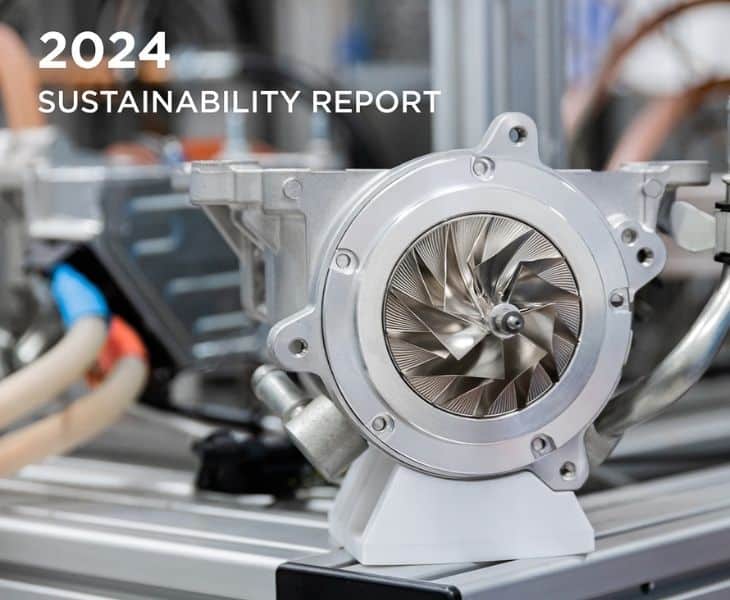On October 19-21, Garrett will be present at the Global GT Conference supporting the co-authoring of a technical presentation on numerical assessment of adaptive-ECMS strategies for a gasoline hybrid electric vehicle on type approval and RDE driving cycles.
Technical Paper
Numerical Assessment of Adaptive-ECMS Strategies for a Gasoline Hybrid Electric Vehicle on Type Approval and RDE Driving Cycles
Author: Garrett’s contribution to this paper through Philippe De Araujo
The Equivalent Consumption Minimization Strategy (ECMS) has proven to be the most popular control strategy for the definition of optimal power-split in hybrid-electric vehicles, because of its good effectiveness and reduced calibration effort. In this kind of Energy Management Systems (EMS), the correct identification of an equivalence factor (K), which translates electric power in equivalent fuel consumption, is of paramount importance. To guarantee charge sustaining operation, the K factor must be adjusted to different mission profiles. Adaptive ECMS (A-ECMS) techniques have been thus introduced, which automatically determine the optimal equivalence factor based on the vehicle mission.
The aim of this research activity was to assess the potential in terms of fuel consumption and charge sustainability of different A-ECMS techniques on a gasoline hybrid-electric passenger car. First, the 0D vehicle and powertrain model was developed. An ECMS-based EMS was used to control the baseline powertrain and two alternative versions were implemented on top of that. The first A-ECMS under study was based on the feedback from the battery state of charge, while the second on a Driving Pattern Recognition (DPR) algorithm. Fuel consumption was assessed along NEDC, WLTC and RDE driving cycles by means of numerical simulation. A potential fuel economy improvement of up to 6%, with respect to the baseline ECMS, was ultimately achieved employing the DPR-ECMS on an RDE driving cycle.
Publisher: Global GT Conference on October 19-21, 2021









